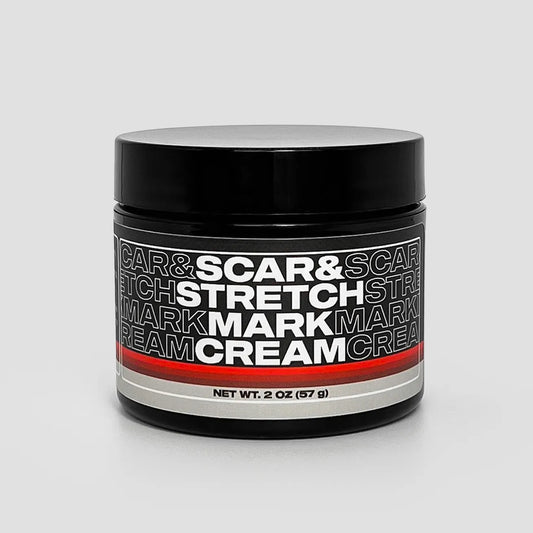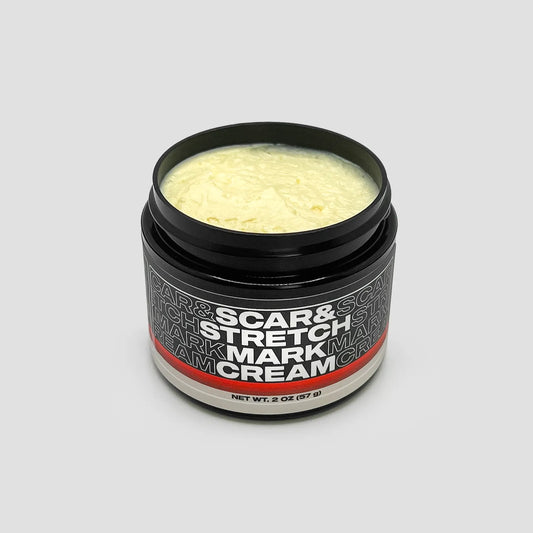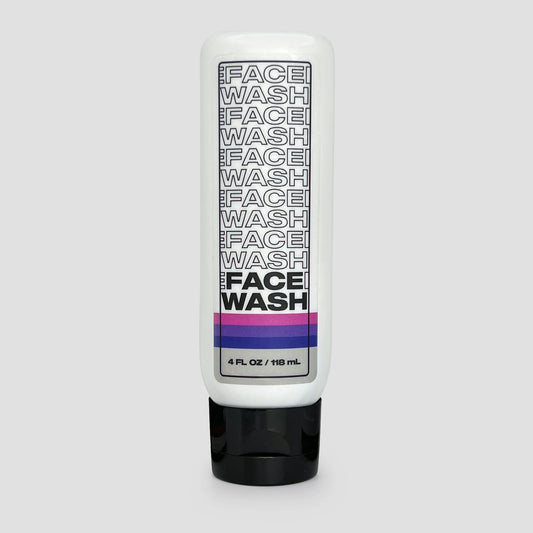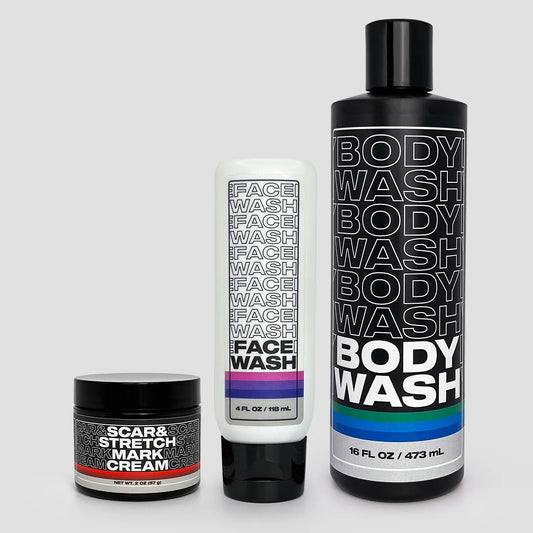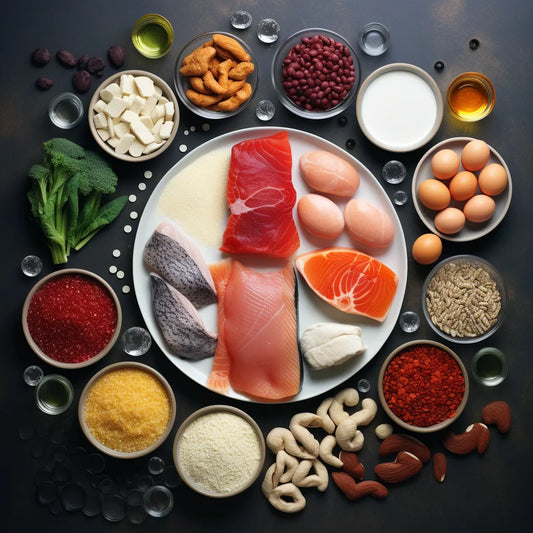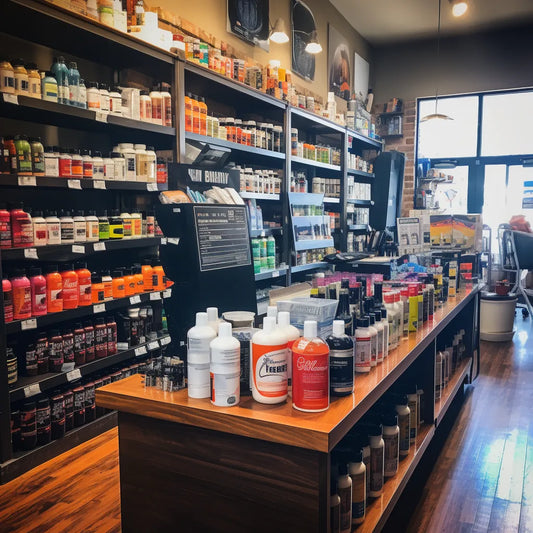

Protein - it's a word shouted about in every gym, fitness forum, and health magazine. But as you dive into your next set of reps, or blitz through your evening run, have you ever wondered about the type of protein you are consuming? Specifically, have you considered the difference between plant protein and collagen protein?
Understanding the strengths and weaknesses of plant and collagen proteins can drastically improve your performance and results. Besides, your choice of protein could also affect your skin health, contributing to its firmness, brightness, and evenness. It's time we did some heavy lifting on this subject.
In this article, we deep-dive into the world of plant protein and collagen protein. We discuss their nutritional profiles, how they affect your body, and, most importantly, their impact on muscular growth and skin health.
Stick around, and by the end of the article, you'll have all the necessary knowledge to make an informed decision about what type of protein best suits your lifestyle, fitness goals, and personal care regimen.
What is the Main Difference Between Plant Protein and Collagen Protein?
Plant and collagen proteins differ primarily in their amino acid profiles and the sources from which they are derived. Plant protein comes from foods like rice, peas, and hemp. Unlike animal protein, plant protein is often deficient in one or more essential amino acids. However, combining different plant proteins can help achieve a comprehensive amino acid profile. On the other hand, collagen protein is derived from animal sources like bovine or marine collagen. Collagen protein is rich in amino acids like proline, glycine, and hydroxyproline, which are crucial for skin health.
What Are the Health Benefits of Plant vs Collagen Protein?
Both plant and collagen proteins offer unique health benefits. Plant protein provides well-rounded nutrition, and it's high in fiber, vitamins, and minerals. It's less likely to cause inflammation and can lower the risk of heart diseases. Collagen protein, however, plays a significant role in skin health. Regular collagen consumption can increase skin hydration, elasticity, and overall appearance. It's also crucial for joint health and muscle recovery.
How To Choose Between Plant and Collagen Protein for Your Fitness and Skin Health Goals
Choosing the right protein for your fitness and skin health goals requires a nuanced approach. It involves a deep understanding of your nutritional requirements, fitness goals, and skin health concerns. Here's a step-by-step guide:
1. Understand Your Nutritional Needs
The first step in protein selection is understanding your nutritional needs. Consider your diet, allergies, and personal preferences. For instance, if you're vegan, plant protein is your go-to protein source. Alternately, if you're seeking a protein that also contributes to skin health, collagen could be a viable option.
2. Evaluate Your Fitness Goals
Next, factor in your fitness objectives. Are you aiming for muscle growth, weight loss, or overall health improvement? While both plant and collagen proteins can be part of a balanced diet, for muscle growth, a complete amino acid profile (like the one you get by combining different plant proteins or from animal proteins) is crucial.
3. Consider Your Skin Health
Your choice of protein impacts skin health. So, if you're targeting skin issues like scars, acne, dry and uneven skin, you may want to consider collagen protein which is known to enhance skin elasticity and hydration.
4. Trial and Error
It's often beneficial to try different proteins and see how your body responds. You don't need to limit yourself to one protein type; experimenting with combinations can often yield the most beneficial results.
Can I Combine Both Plant and Collagen Proteins?
Absolutely, combining plant and collagen proteins can cover all the nutritional bases. For instance, using plant protein for overall health and athletic performance and supplementing with collagen for skincare could be a winning combination.
What are the Best Sources of Collagen and Plant Proteins?
Great sources of plant proteins include peas, brown rice, and hemp, each boasting a unique amino acid profile. For collagen, you can derive it from animal origins like bone broth, chicken skin, fish skin, or supplements that harness these elements.
Prototyping Your Path to Health: Your Guide to Plant vs Collagen Protein
Understanding the difference between plant proteins and collagen proteins has allowed us to lift the lid on their unique benefits, not only for muscle growth but also for skin health. Your protein choice significantly impacts your health, fitness goals, and personal care regimen.
The Protein Power Recap:
- Plant proteins come from diverse sources and deliver well-rounded nutrition.
- Collagen proteins directly contribute to beautiful skin and effective muscle recovery.
- Combining the two can often deliver best results.
- Use proteins in a way that aligns with your dietary preferences, fitness goals, and skin health needs.
So, the next time you reach out for a protein shake after a strenuous workout or formulate your personal care regimen, remember every protein type has its place. The key lies in understanding and incorporating them to make an effective, personalized protein plan.
